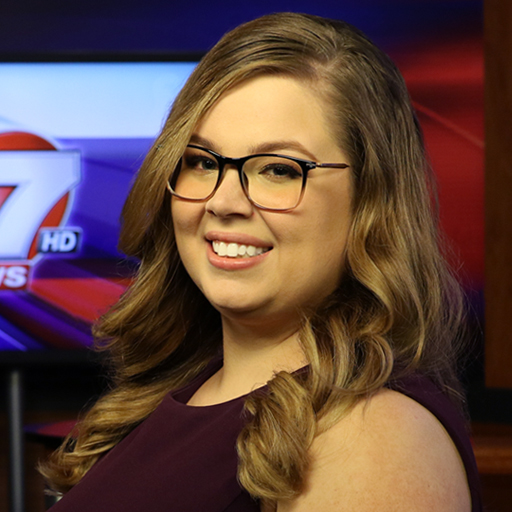What is ‘meteorological’ spring?
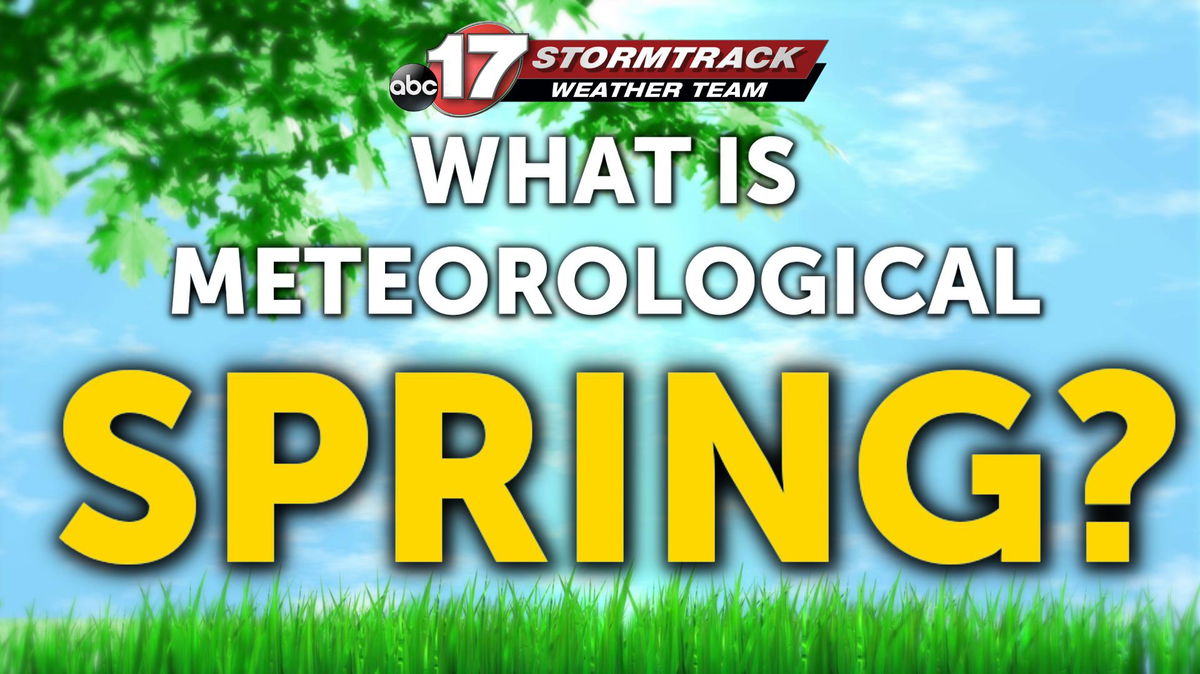

When we think of the start of spring, we may be thinking about several different days like the spring equinox, daylight savings time and the many holidays that happen during the season. When meteorologists speak about the start of spring, you may be confused about what we really mean. Let's break down the science of the seasons and discuss the start of spring.
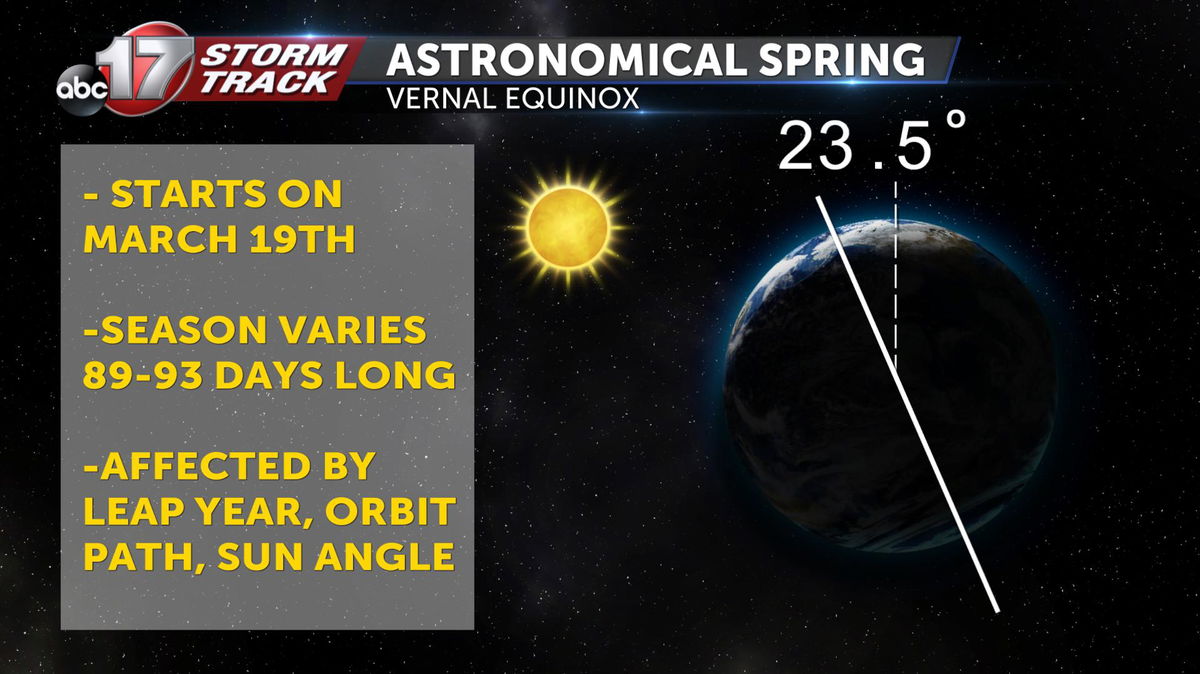
ASTRONOMICAL SPRING:
Astronomical spring starts on March 19th this year but most years starts on March 20th. This is the day of the spring (or vernal) equinox which is the day that the amount of daylight exactly equals the amount of nighttime. The spring equinox date varies due to the leap year and the season's length varies from 89 to 93 days long. The changing length of the season is due to outside variables such as the orbit path that the Earth takes around the sun and the angle that the sun hits the Earth at.
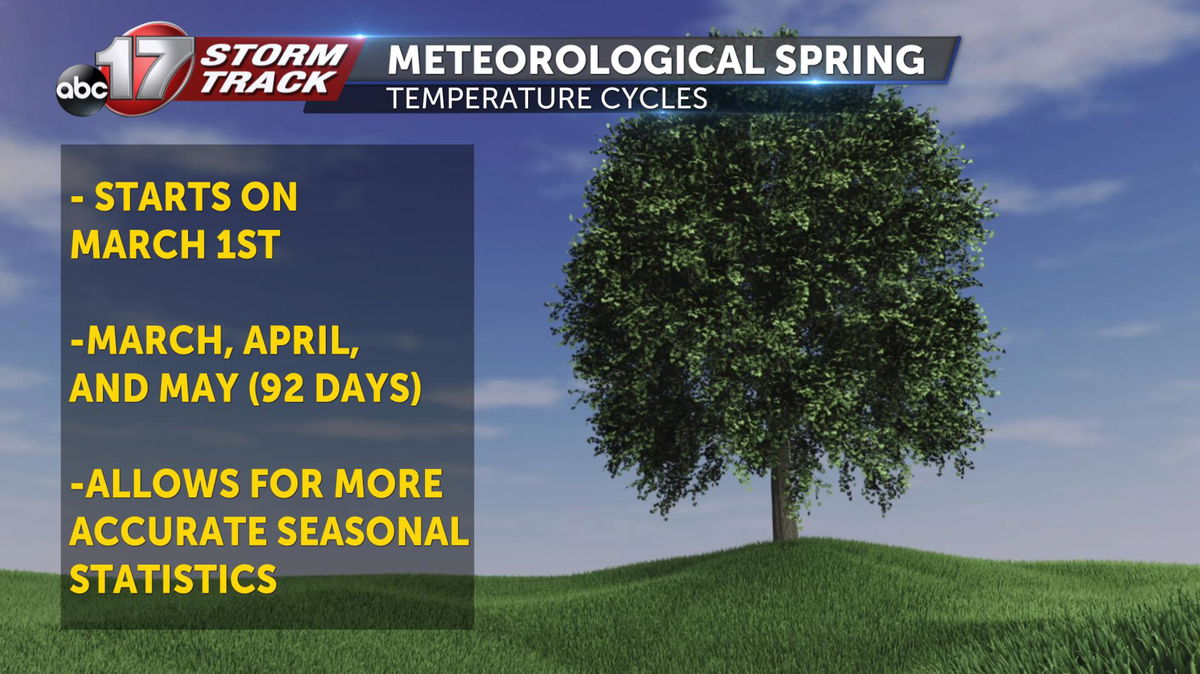
METEOROLOGICAL SPRING:
Meteorological spring begins each year on March 1st and does not have to do with daylight savings time or the vernal equinox. It has more to do with the Gregorian calendar, the 12-month calendar that everyone uses, and temperature cycles. The season of spring in meteorological standards is defined as the months of March, April, and May and lasts 92 days. This never changes, even in leap years. Having this set amount of says allows scientists to have more reliable and accurate statistical data that they can use for weather and climate science since each years spring data will have exactly 92 days worth of information.
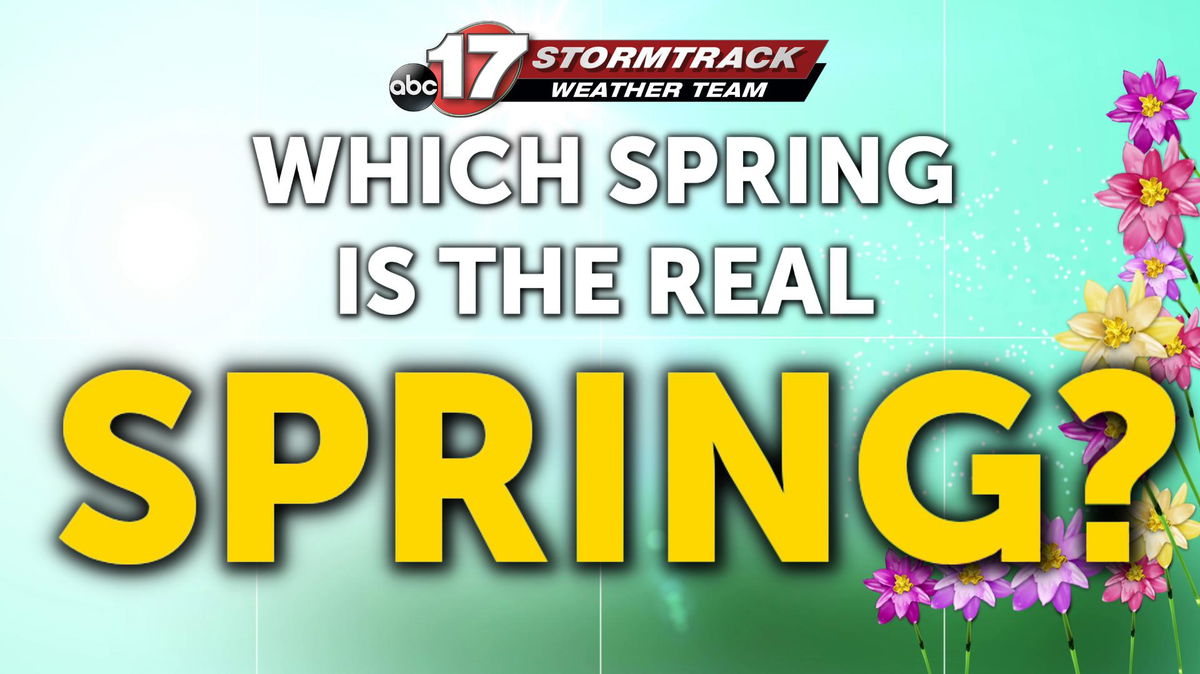
WHICH ONE IS THE 'REAL' SPRING?
Okay, okay so there are two different springs but which on if officially the start of spring? Technically, the real start of spring is on the vernal (spring) equinox which is astronomical spring. Meteorologists use meteorological spring to make our math more accurate and reliable when calculating seasonal averages and dealing with climatological data. And let's be honest, after forecasting a long winter filled with snow and cold temperatures, it gives us meteorologists something to look forward to.
